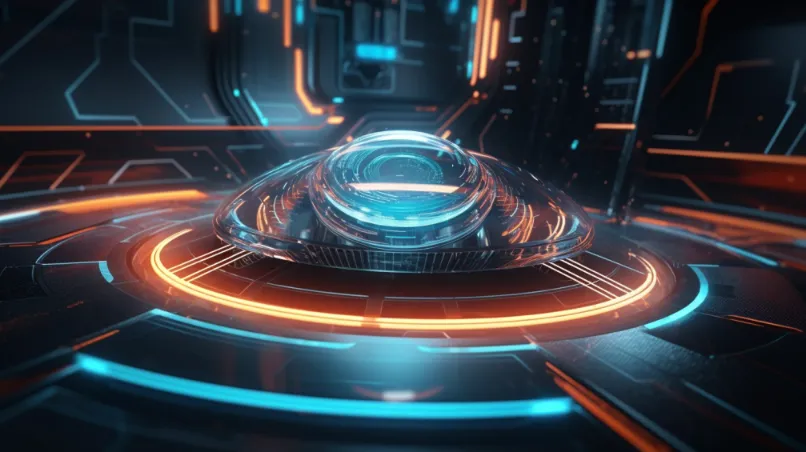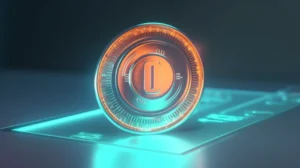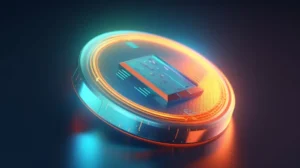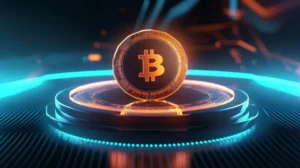Are Decentralized Blockchains Immutable?
Blockchain technology has been around for over a decade and is widely known for its immutability feature.
But the question remains – are decentralized blockchains truly immutable?
In this article, we will explore the concept of immutability in decentralized blockchains, the challenges that threaten this feature, and the solutions to maintain it.
Introduction
Blockchain technology is a distributed ledger system that allows for secure and transparent transactions.
The data in a blockchain is stored in blocks that are linked together in a chain, forming a permanent and unalterable record.
Immutability is a crucial characteristic of blockchains as it ensures that the data stored in the blocks cannot be modified or deleted.
Understanding Immutability in Decentralized Blockchains
Decentralization is a fundamental feature of blockchain technology that ensures that no single entity has control over the network.
This means that there is no central authority that can alter the data on the blockchain.
The consensus mechanism, which is the process that validates transactions and adds them to the blockchain, plays a vital role in maintaining immutability.
Once a block is added to the chain, it cannot be altered without the consensus of the network.
Examples of immutable blockchains include Bitcoin and Ethereum, which have never been hacked or altered since their inception.
Challenges to Immutability in Decentralized Blockchains
Despite stringent security precautions, there are obstacles that endanger the immutability of decentralized blockchains.
A 51% attack can happen when a singular entity controls the majority of the network’s computing power, giving them the ability to tamper with the blockchain.
Forking poses another risk to immutability when the blockchain bifurcates into two separate chains, generating confusion and possible security threats.
Bugs and hacks also pose a threat as they can lead to the loss or modification of data on the blockchain.
Approaches to Uphold Immutability in Decentralized Blockchains
To uphold immutability in decentralized blockchains, enhanced security protocols such as multi-factor authentication and encryption can be employed.
Updates to the consensus protocol can augment the network’s security. Involvement and support from the community are also paramount in maintaining the blockchain’s integrity.
Solutions to Maintain Immutability in Decentralized Blockchains
To maintain immutability in decentralized blockchains, increased security measures such as multi-factor authentication and encryption can be implemented.
Consensus protocol upgrades can also improve the security of the network. Community support and involvement are also crucial in maintaining the integrity of the blockchain.
Deep Dive into Immutability of Decentralized Blockchains
Now, are decentralized blockchains immutable? The answer is nuanced. In theory, these blockchains are designed to be immutable by their very nature.
However, in practicality, they can potentially face challenges. Still, their inherent characteristics and the safeguards implemented make them robust against alteration attempts.
The concept of decentralization lends the blockchain its resilience against attacks, making tampering extremely difficult, and near impossible.
Nevertheless, it is important to understand that the immutability of a blockchain doesn’t mean it is invincible.
Factors like a 51% attack or forks can disrupt the network and put immutability at risk.
However, such scenarios are less likely to happen due to the significant resources required to execute such attacks and the increasing community awareness about the importance of network security.
Overall, while immutability in decentralized blockchains might be a relative concept, it is this very feature that provides a strong backbone for the trust and reliability associated with this technology.
Conclusion
In conclusion, immutability is a vital feature of decentralized blockchains that ensures the security and transparency of transactions.
While there are challenges that threaten this feature, there are solutions that can be implemented to maintain it. It is essential to continue efforts to improve the security of the network and involve the community in the process to ensure the continued success of decentralized blockchains.






